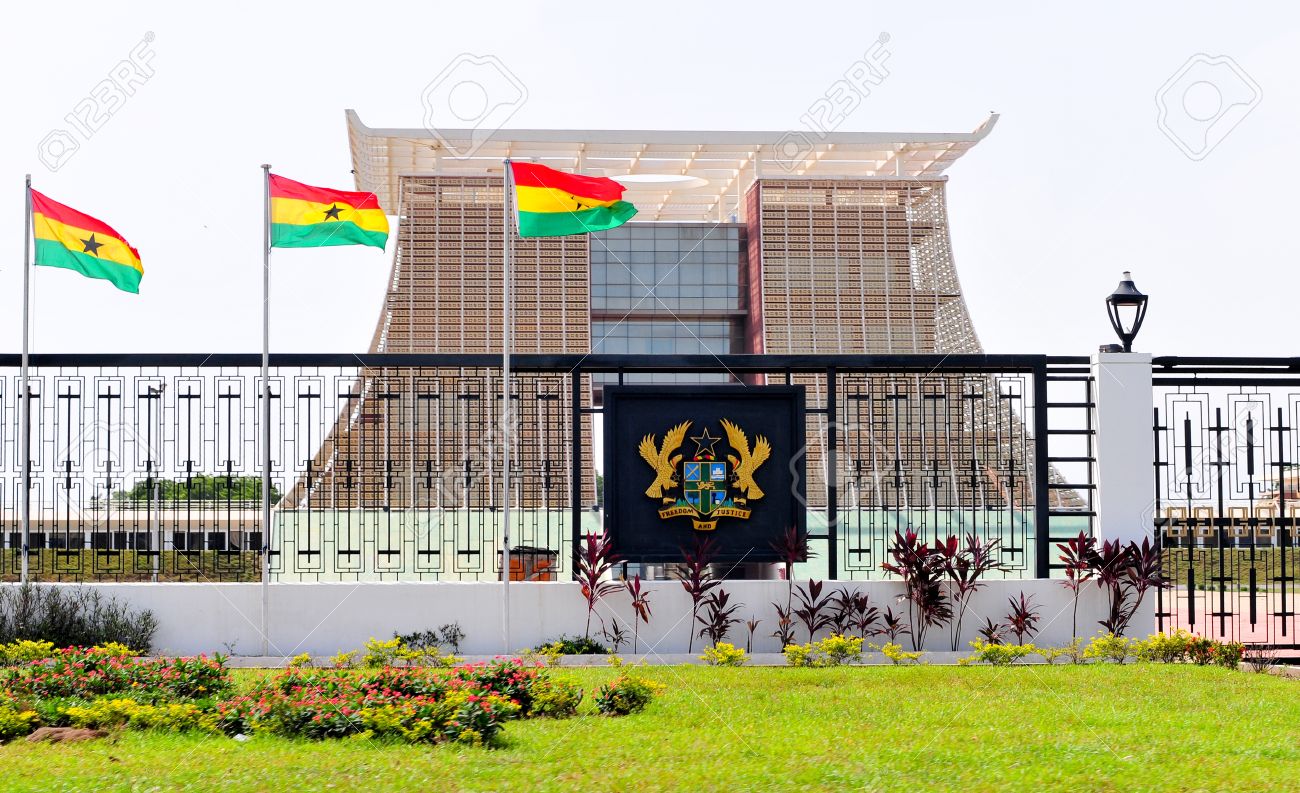A High Court in Ghana has ordered the state agency, National Communications Authority (NCA), to stop collecting personal information from mobile phone subscribers. The court also ordered the government to delete data already collected within fourteen days of the court judgement.
The judgment followed a legal action by a private legal practitioner, Francis Kwarteng Arthur, who affirmed that the collection of mobile phone subscriber data by the government breached the Data Protection Act, 2012 (Act 843).
Following the outbreak of the COVID-19 pandemic, Ghana’s President, Nana Addo Dankwa Akufo-Addo, signed Executive Instrument (EI) 63 which is the Establishment Emergency Communications System Instrument, 2020.
The Executive Instrument, which was signed by the President on 23rd March 2020, referred to the powers bestowed on the President under Section 100 of the Electronic Communications Act, 2008 (Act 775), which states that “The President may by executive instrument make written requests and issue orders to operators or providers of electronic communications networks or services requiring them to intercept communications, provide any user information or otherwise in aid of law enforcement or national security.”
The Executive Instrument indicated that “Ghana is committed to dealing with emergency situations especially public health emergencies.” Hence, there was an “urgent need to establish an emergency system to trace all contacts of persons suspected of or actually affected by a public health emergency and identify the places visited by the persons suspected of or actually affected by a public health emergency.”
The Executive Instrument, therefore, ordered network operators to put their network at the disposal of the state for mass dissemination of information to the public. It also ordered network operators to cooperate with the National Communications Authority Common Platform to provide information to state agencies in the case of an emergency including a public health emergency.
This order tasked the network operators to provide the following information to the National Communications Authority Common Platform, all caller and called numbers, merchant codes (for mobile money), mobile station international subscriber directory number codes and international mobile equipment identity codes and site location etc.
The Executive Instrument also made provision for an institution designated by the Minister of Communication and Digitization to establish a Central Subscriber Identity Module Register.
Raising privacy concerns, Francis Kwarteng Arthur sued the National Communications Authority, two telecommunications companies; MTN Ghana and Vodafone Ghana and the institution in charge of the Central Subscriber Identity Module Register, Kelni GVG in April 2020.
The private legal practitioner went to court to seek an order to quash the President’s Executive Instrument because the order “violated, are violating or are likely to violate” his “fundamental rights and freedoms.” He also appealed to the Court to place a perpetual injunction to restrain the government, Kelni GVG and the NCA “from using the Executive Instrument to procure the applicants’ personal information from” Vodafone Ghana, his network provider.
The Attorney General, however, said that the Executive Instrument was to help the government conduct contact tracing as part of efforts to fight the COVID-19 pandemic.
The High Court presided over by Justice Rebecca Sittie, however, acknowledged that the Executive Instrument 63 violates people’s right to privacy.
The court ordered the NCA, Vodafone and Kelni GVG to each pay damages of GH¢20,000 to Arthur.
Under the Subscriber Identity Module (SIM) Registration Regulations (L.I. 2006), before any individual can use a SIM card in Ghana, they must register the SIM cards with a network provider by providing their name, addresses and proof of identification.
Further, under the Section 8.2 of the Electronic Communications Act, 2008 (Act 775), network operators or service providers may be authorised by the NCA to disclose lists of its subscribers, including directory access databases, for the publication of directories or for other purposes that the Authority may specify.
That is to say that if the government indeed wanted the contacts of people to do tracing, as the Attorney General indicated in his submission, the NCA could simply have used Section 8.2 of Act 775 to get the SIM registration details of subscribers from network operators or service providers. It is therefore curious as to why and to what practical end the government will request the network operators and service providers to gather additional data of ALL users of telecommunications services such as merchant codes (for mobile money), mobile station international subscriber directory number codes and international mobile equipment identity codes and site location, etc. In fact, the Section 100 of Act 775 that the government rode on to introduce EI 63 allows the President to order for the interception of communication or provision of a user information not information of ALL users.
It does appear that the government saw the COVID-19 emergency as an opportunity to arrogate more powers to collect user data and also give more authority to Kelni GVG to establish a common platform by connecting real-time to the entire switch of the physical network nodes of MTN Ghana, Vodafone Ghana, AirtelTigo Ghana. Many Ghanaians had expressed concern that this was in breach of Article 12 of the 1992 Constitution which protects the privacy of all persons. It is also in breach of Section 73 of the Electronic Communications Act 2008 (Act 775) which mandates telecommunications companies to ensure that correspondence of their users is not intercepted or interfered with.
The MFWA, therefore, welcomes the Court ruling as a step in the direction of protecting individual rights to privacy in the digital space. We urge the government of Ghana and its ministries and agencies, and all other parties to comply with the court ruling. The MFWA further calls on citizens and civil society across West Africa to remain vigilant over the numerous restrictions imposed in the wake of the COVID-19 emergency in order to ensure that they are scaled back or scrapped as and when appropriate.




